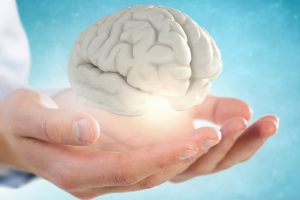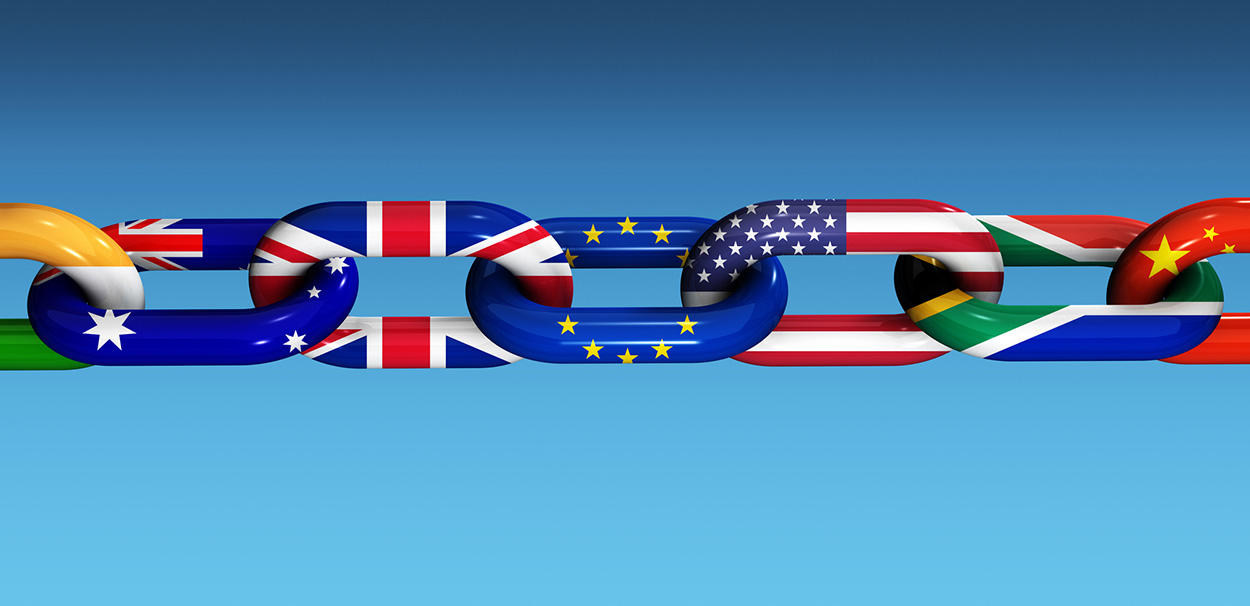Introduction:
In our increasingly interconnected world, international relations play a pivotal role in shaping our shared future. As political, economic, social, and technological dynamics continue to evolve, understanding the prospects for global cooperation and diplomatic efforts is essential. In this unique article, we will delve into the multifaceted aspects of international relations and explore the potential opportunities, challenges, and exciting prospects that lie ahead.
The Transformative Power of Diplomacy:
Diplomacy serves as the bedrock upon which fruitful international relations are built. Despite occasional setbacks, diplomatic efforts remain instrumental in resolving conflicts, strengthening multilateral cooperation, addressing global challenges, and fostering mutual understanding. Advancements in communication and technology have paved the way for digital diplomacy, enabling more inclusive and accessible negotiations to bridge differences and promote dialogue across borders.
Global Challenges: A Catalyst for Cooperation:
The world faces significant challenges, including climate change, terrorism, poverty, cybersecurity threats, and pandemics. Such shared global dilemmas act as potential catalysts for increased cooperation among nations. The urgent need for collaborative action to combat climate change, for instance, has spurred the formation of international agreements and platforms like the Paris Agreement and the UN Climate Change Conferences. These challenges present an opportunity for nations to overcome geopolitical barriers and work collaboratively towards solutions that benefit all.
Geopolitical Shifts and Power Dynamics:
International relations are influenced by evolving geopolitical landscapes and shifting power dynamics. The rise of emerging economies, changing domestic policies, and evolving global alliances are reshaping conventional power structures. The growing influence of Asia-Pacific nations, particularly China’s emergence as a global powerhouse, requires recalibration of existing international norms, fostering cooperation, and addressing potential friction areas. Effective engagement with rising powers will be critical in ensuring peace, stability, and overall prosperity.
Technological Advancements and New Frontiers:
Innovations in technology bring both opportunities and challenges to international relations. The digital revolution has connected people globally, enhancing communication and democratizing access to information. Yet, it has also given rise to new cybersecurity threats and unleashed the potential for disinformation campaigns. As artificial intelligence, space exploration, and biotechnology become increasingly influential, international cooperation will be essential to harness their benefits while reinforcing ethical frameworks to mitigate risks.
Reinventing Multilateralism:
The effectiveness of traditional multilateral frameworks, such as the United Nations, has come under scrutiny in recent times. To address emerging challenges, there is a growing consensus that multilateralism needs to be reimagined, strengthened, and made more inclusive. Reform efforts seek to reshape global governance structures, redistribute power, ensure representation of diverse interests, and provide greater accountability to better reflect the geopolitical realities of the 21st century.
Cultural Diplomacy and People-to-People Exchanges:
While governments play a crucial role in international relations, people-to-people exchanges and cultural diplomacy serve as vital avenues for mutual understanding and relationship-building. Educational and cultural exchange programs, sports diplomacy, and arts and entertainment collaborations foster positive engagement between nations, transcend political differences, and create strong networks of cooperation and diplomacy.
Conclusion:
This article illuminates the multifaceted nature of international relations and highlights the prospects that lie ahead. By recognizing the transformative power of diplomacy, embracing collaborative action on global challenges, adapting to evolving power dynamics, harnessing technological advancements, and reimagining multilateralism, nations can chart a course towards a brighter future. Cultural diplomacy and people-to-people exchanges serve as essential bridges, fostering mutual understanding and building strong relationships between nations. As we navigate the complexities of the 21st century, let us strive for a world where international relations thrive, rooted in cooperation, inclusivity, and the pursuit of peace and prosperity. Together, we can shape the path towards a more interconnected, harmonious global community




















